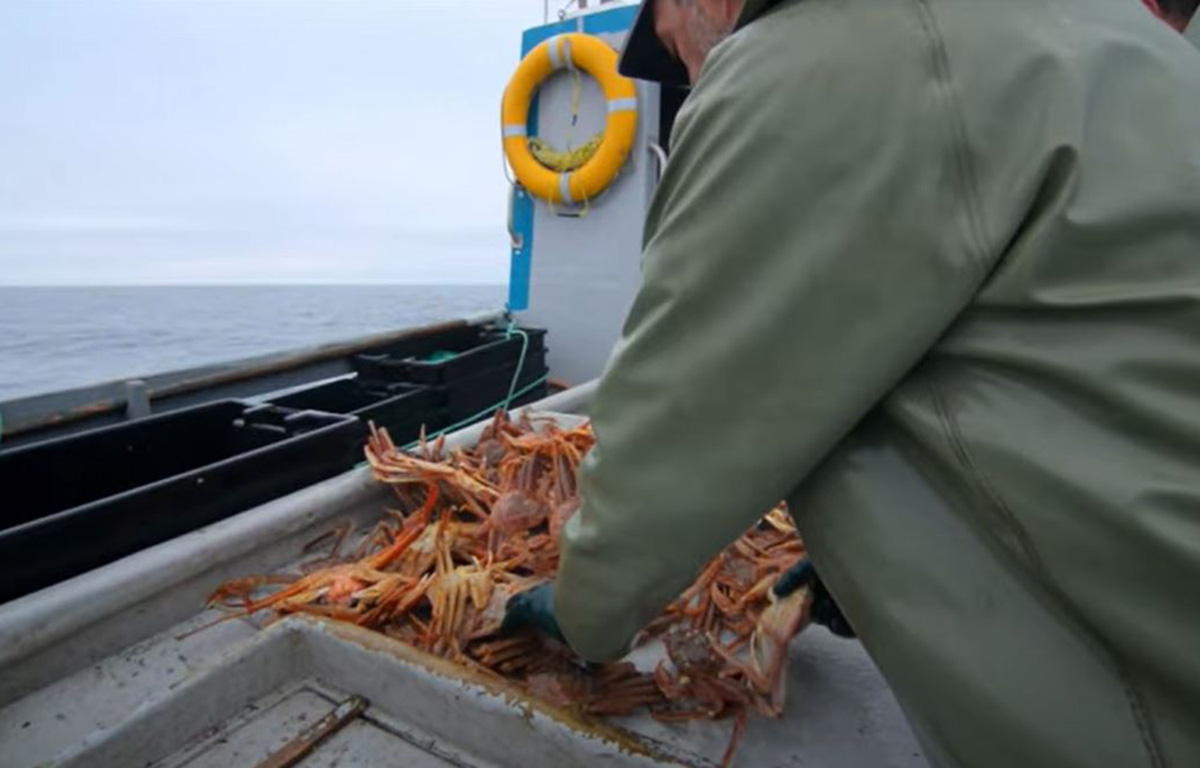Snow crab harvesters in the Canadian province of Newfoundland and Labrador are finally hitting the water over a week after the season's 6 April start date was interrupted by protests over pricing.
The protests were triggered by the initial price for the 2024 season and the formula that determines the price throughout the season being set at record lows on 6 April.
The Newfoundland and Labrador Standing Fish Prices Setting Panel sided with the Association of Seafood Producers (ASP), which represents processing companies in the province, over a proposal from the Fish Food an Allied Workers Union (FFAW), which represents harvesters, in selecting
The FFAW said the decision “failed the inshore fishery in our province” and called for protests. While harvesters are legally not allowed to strike – a strike last year has left the FFAW potentially liable for damages – the FFAW said many were frustrated processors could “enjoy the privilege of coordinated lockouts” to put pressure on harvesters.
“Crab harvesters fully understand the importance of their business to their families and their communities,” FFAW President Greg Pretty said. “This injustice must be corrected, and we expect that harvesters will support leadership’s position to not fish.”
“In the end, the panel chose to throw out that work and those well-researched recommendations for a formula that is tied to nothing except more money for the processors,” Pretty said.
Pretty’s objections were backed up by Earle McCurdy, a member of the price-setting panel, who issued a dissenting opinion on the panel’s decision. McCurdy said the panel was put in an impossible position based on “11th hour amendments” to the rules governing its decision-making process that required it to select one of the two proposals with no amendments.
McCurdy was himself the center of a controversy in 2022, when the ASP filed a preliminary motion requesting he recuse himself from the panel, saying McCurdy's previous position as FFAW president presented a “reasonable apprehension of bias towards ASP."
According to McCurdy, the FFAW’s proposal was based on the Blackwood report with some material changes, but the ASP submission “bears no resemblance whatsoever to the Blackwood recommendations.”
“When pressed by the panel as to the basis of their price table, the ASP representative said it was based on what ASP felt was ‘fair and reasonable,’ a subjective consideration if there ever was one,” McCurdy said. “ASP presented no evidence to link their price table to the historic relationship between market and raw material prices.”
Tthe FFAW’s proposal was set to increase the harvester share of the price until the market return reaches CAD 12.00 (USD 8.71, EUR 8.20), with the ASP’s proposal freezing it at a lower CAD 8.00 (USD 5.81, EUR 5.46). According to the FFAW, if the ASP’s pricing formula had been used from between 2016 and 2023, snow crab harvesters would have earned CAD 450 million (USD 326 million, EUR 307 million) less than they did.
McCurdy said neither submission was perfect, and the inflexibility of the way the panel has to decide on pricing has been problematic.
“Those shortcomings could have been addressed by the panel and a reasonable balance struck if the panel were not tied to final offer selection on the price submissions,” he said.
Following fishermen demonstrations in St. John, Newfoundland, the ASP offered CAD 3.00 (USD EUR) per pound for the first three weeks of fishing, with the panel's chosen formula applying thereafter. But the FFAW rejected that proposal.
“Fish harvesters will not be landing snow crab in this province until a fair agreement is made, and crowds are standing by if demonstrations are required,” Pretty said.
On Sunday, 14 April, the ASP and FFAW reached an updated agreement. The minimum price was bumped up to ...








